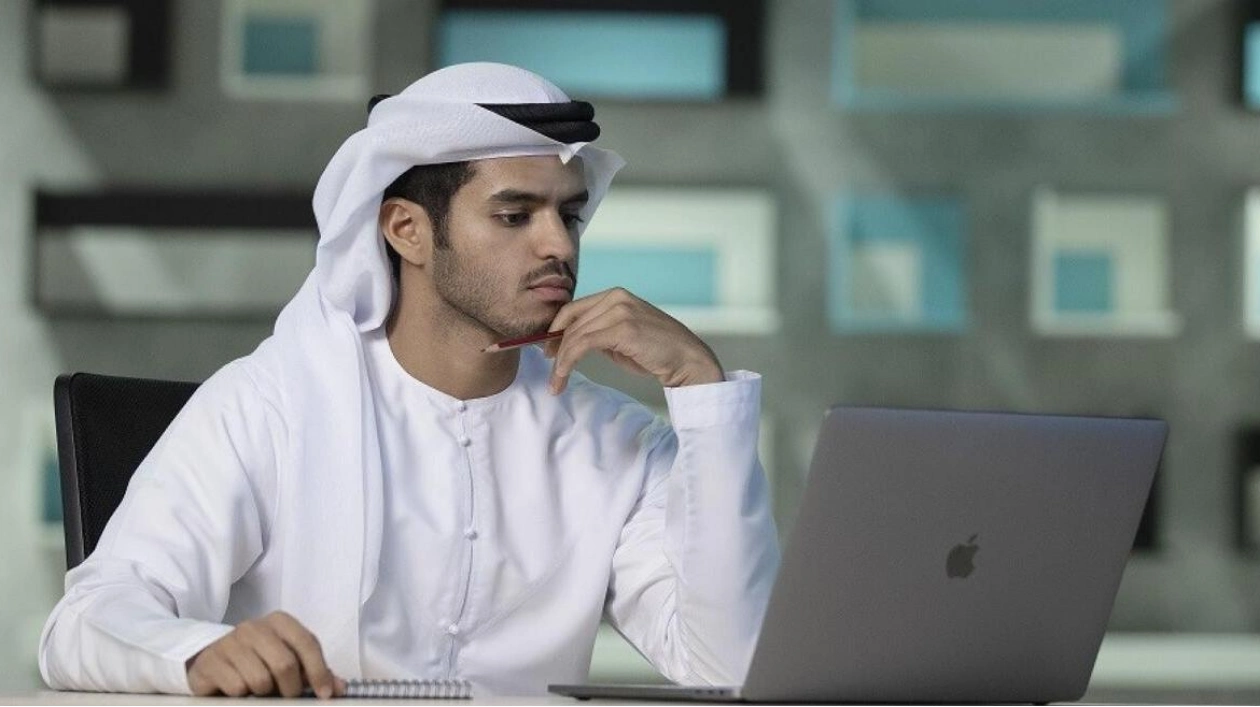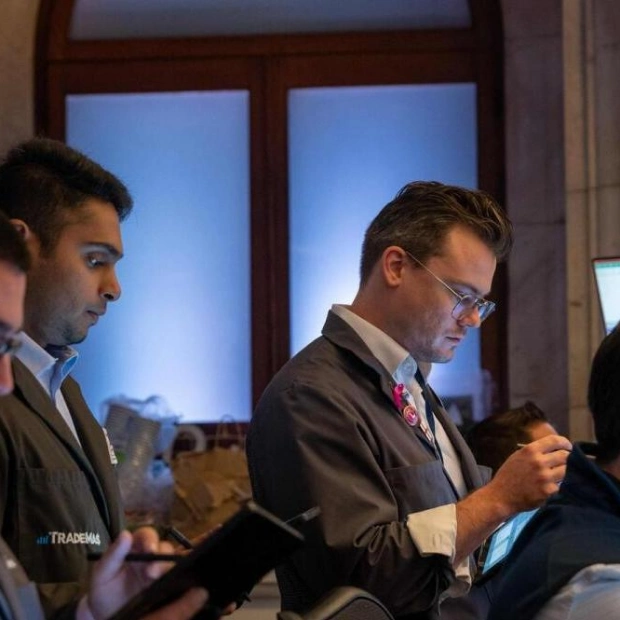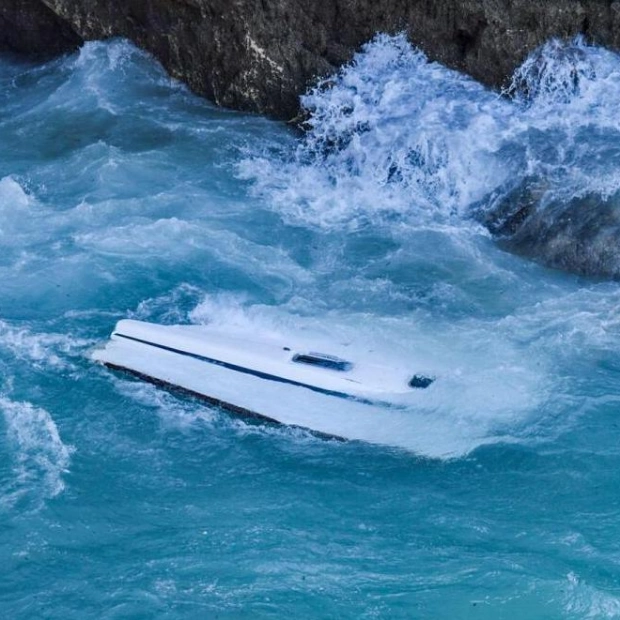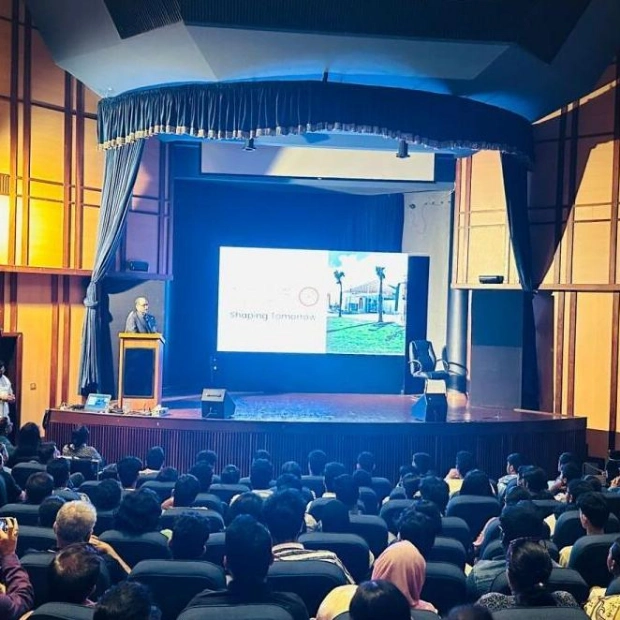Khalifa University has joined forces with a major global aerospace company to prepare Emirati engineers for future defense innovations in the UAE. This collaboration was highlighted by Amal Osman, Vice President of International Business Development at Collins Aerospace in Dubai, during her address at the WE Empower Summit in Dubai on Thursday. Osman emphasized, “The partnership with academia is crucial for nurturing a pool of future talent that can sustain innovations and address various challenges. One of our proud achievements is our partnership with Khalifa University. The upcoming generation must be tech-savvy. We have young Emirati engineers visiting our facility in France to explore different communication devices they can develop to support the future of the Ministry of Defense in the UAE.”
“I believe that public and private sector partnerships are ideal, but academic partnerships are equally important to ensure a continuous flow of talent and to sustain these efforts,” she added. Notably, a Khalifa University Aerospace Engineering student recently played a role in the development of a pioneering lunar lander and drone, recognized for its advanced technology, while interning at ArianeGroup’s Orbital Propulsion Centre in Germany. Khalifa University offers a range of aerospace engineering programs at both undergraduate and postgraduate levels, supported by a research center focused on tackling real-world challenges and driving technological innovation.
Osman also pointed out that the vision of UAE leaders significantly facilitates strong and seamless partnerships between the public and private sectors. “One of the remarkable aspects is the minimal bureaucracy here. If there is alignment around vision and the issues we aim to solve, the path is clear. This is truly fantastic,” she noted. Additionally, UAE Researcher Aisha Alowais discussed the critical role of STEM (Science, Technology, Engineering, and Mathematics) education in astronomy, which provides the foundational knowledge for understanding and exploring the universe. She explained that astronomy is deeply connected to physics, chemistry, and biology, and through STEM education, students learn fundamental natural laws essential for comprehending celestial phenomena.
Alowais, from the Sharjah Academy for Astronomy, Space Sciences and Technology at the University of Sharjah, also highlighted the strides the country is making in STEM education. She stated, “Most of the interns who participate in our annual STEM internship program are female. Even in the Physics department, the number of females exceeds that of males. They are encouraged and aware of the opportunities in STEM education and are gradually integrated into the industry. Many programmers are women, and I often see them actively participating in competitions related to big data or data science. If the number of women entering these fields in the UAE is tracked, a significant increase can be observed over the years.”






